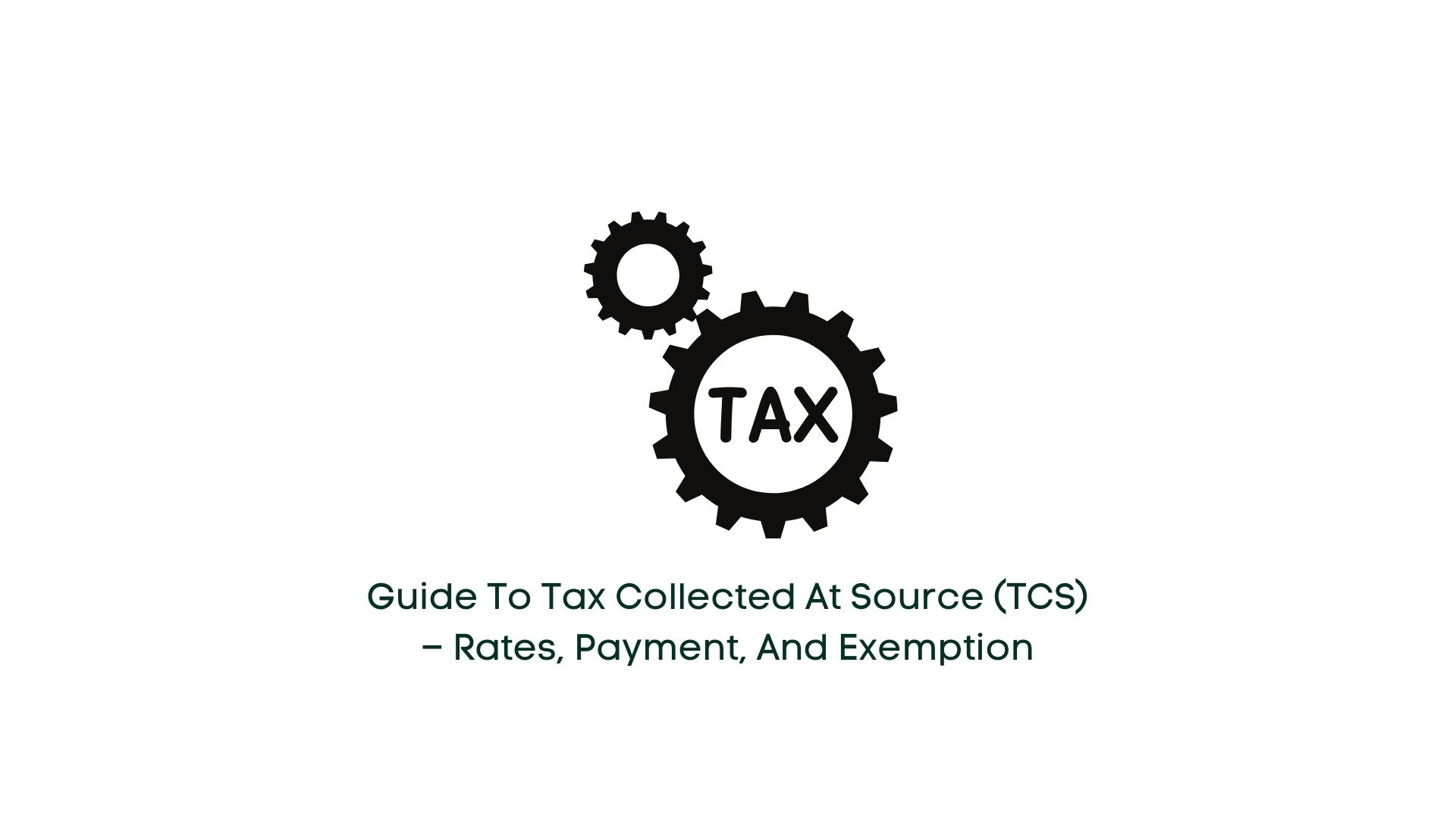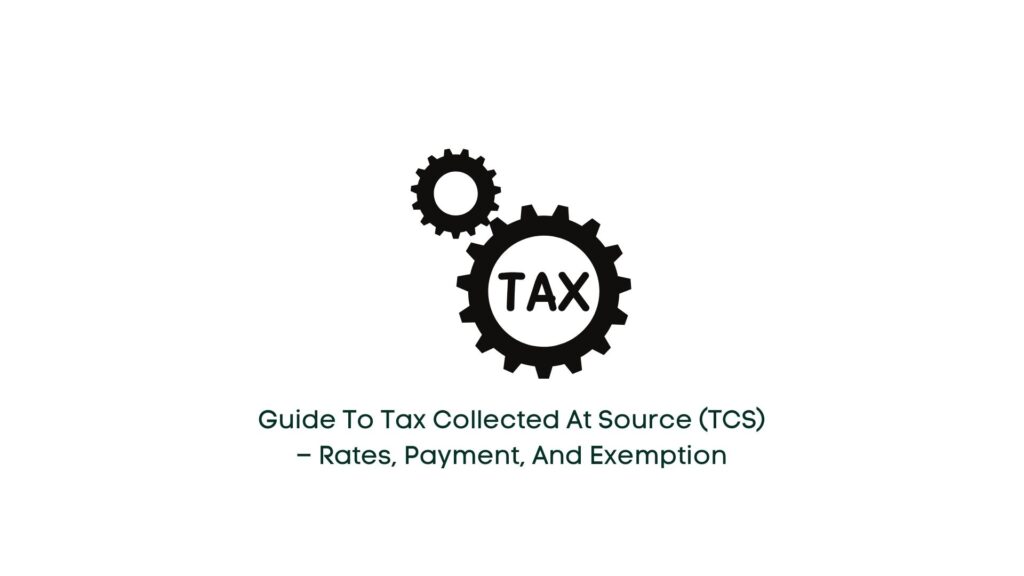
16 Mar Guide to Tax Collected at Source (TCS) – Rates, Payment, and Exemption

The Indian Income Tax Act incorporates provisions for Tax Collected at Source (TCS), where specific individuals are mandated to collect a predetermined percentage of tax from their buyers during certain transactions. These regulations primarily affect business transactions and have minimal impact on the general public.
Recent Updates:
In Budget 2023, the TCS rate for foreign remittances under the Liberalized Remittance Scheme (LRS) was increased from 5% to 20%, effective from July 1, 2023. This adjustment extends to various international transactions such as travel expenses and remittances, excluding education and medical purposes.
Understanding Tax Collected at Source (TCS):
TCS refers to the tax collected by a seller from the buyer during a sale, which is then remitted to the tax authorities. Section 206C of the Income Tax Act governs the goods subject to TCS, with sellers required to possess a Tax Collection Account Number (TAN) for TCS collection.
Goods Covered and Applicable Rates:
Goods covered under TCS provisions encompass various categories, each with its specified rate:
- Liquor, timber, tendu leaves, forest produce, scrap, minerals, motor vehicles, parking lots, toll plazas, and mining and quarrying activities.
Instances of Higher TCS Rates:
Under Section 206CCA, higher TCS rates apply to buyers who haven’t filed Income Tax Returns (ITR) for the last two financial years, exceeded a certain TCS and TDS threshold, or failed to meet specified criteria.
Seller and Buyer Classifications:
Specific entities such as governments, corporations, and partnerships are categorized as sellers for TCS. Buyers exempt from TCS collection include public sector companies, government entities, and diplomatic missions.
TCS Collection Timing and Calculation:
TCS should be collected either upon debiting the buyer’s account or upon receiving payment. For motor vehicle sales, TCS is collected upon receipt of payment from the buyer. The TCS amount is calculated as a percentage of the transaction value.
TCS Payments, Returns, and Certificates:
- Sellers must deposit TCS amounts within seven days from the end of the month in which the tax was collected and file quarterly TCS returns.
- A TCS certificate (Form 27D) detailing the transaction specifics must be issued to the buyer within 15 days of filing quarterly returns.
- Deadlines for TCS returns and certificates are outlined for each quarter.
TCS Exemptions and GST Provisions:
- TCS exemptions apply to goods used for personal consumption or manufacturing purposes.
- Under GST, e-commerce platforms are required to deduct TCS on transactions, with dealers obligated to register under GST.
Submission of Form 24G:
In cases where TDS or TCS is deposited without a challan, relevant entities must submit Form 24G electronically within specified timelines.
Conclusion:
Tax Collected at Source (TCS) plays a vital role in India’s tax collection framework, ensuring revenue compliance and facilitating seamless transactions. Understanding TCS provisions and adhering to associated regulations is essential for sellers and buyers alike to navigate tax obligations effectively.


No Comments